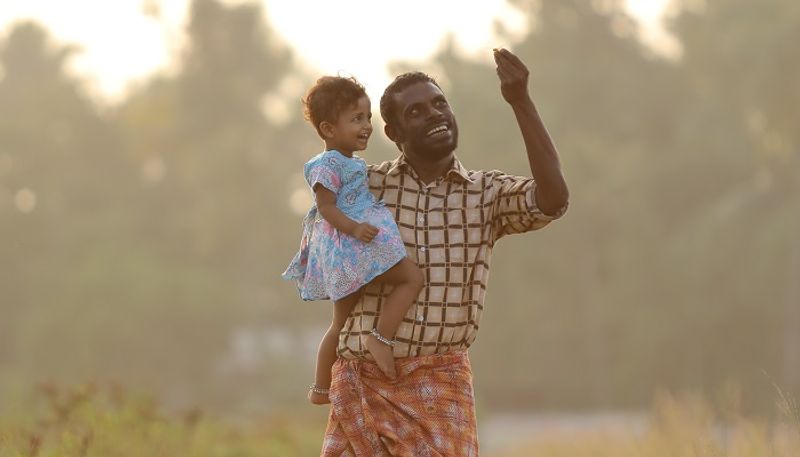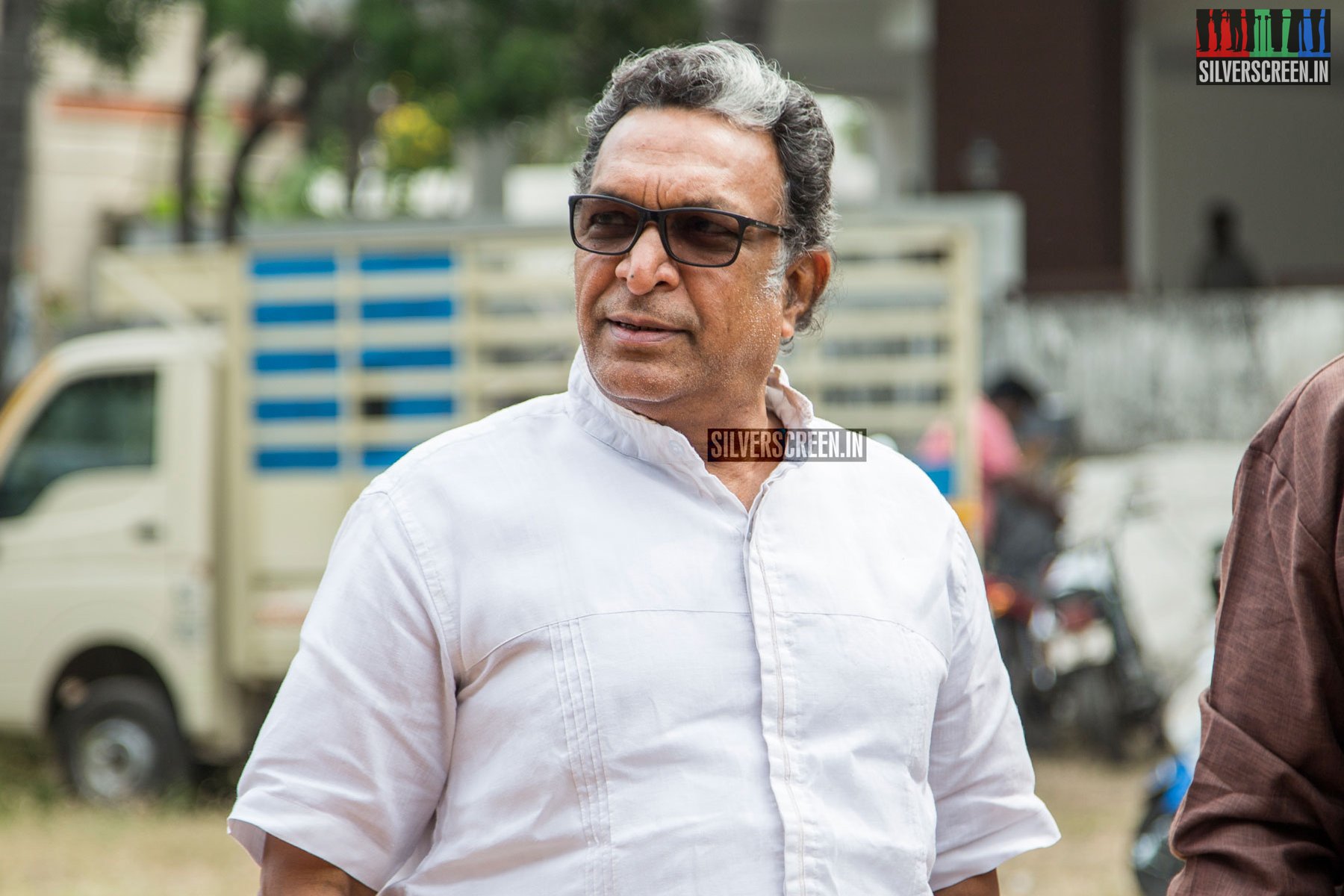How are songs composed? How do those different ragas, tunes and beats fall in perfect harmony? Making Of A Song explores the vocals, visuals, lyrics and other features that define a musical creation.
Shanavas Bavakkutty’s Thottappan (2019) is an official adaptation of Francis Noronha’s novella of the same title. The songs in the film, composed by Leela L Girishkuttan, are an interesting fusion of popular melody and folk music, with lyrics (written by Ajeesh Dasan) that create a fascinating visual imagery.
Kayale, the song that falls in the second half of the narrative, is Girish’s favourite from the lot. It follows the death of Thottappan (Vinayakan), and captures the emptiness it leaves in his goddaughter Sarah.
Girishkuttan says he’s a man of letters first. “I believe good literature is the cornerstone of every good song. It helps a song live longer. My music for Thottappan stems completely from the pathos in the film’s screenplay and the Noronha’s novel.”
“In the script, the shot of Sarah walking into her house after the funeral, drenched in the rain, was written in detail. It reminded me of some funerals I have been to, where the air is so rife with a profound sense of gloom. Even birds on the trees remain silent as though they feel it too. I immediately picked up my guitar and composed the first line. Shanavas went silent for two seconds, and said this was precisely what he wanted.”
Ajeesh is a close friend and collaborator of Girish’s. “He is a published poet. His lyrics talk about grief as omnipresent in the island where the story is set. It addresses the elements of nature – the lagoon, the wind and the mangroves. We wanted a powerful voice for the song, and zeroed in on Sithara (Krishnakumar).”
The second stanza has a tinge of Church music. The lyrics speak of Thottappan as a Christ-like figure, a guardian to many people in the island. “I wanted this part to sound like an evening prayer in a chapel. And in the third part of the song, the mood changes again, to talk about Sarah’s resilience. It’s in human nature to bounce back from every tragedy,” says Girish. Here, you see Sarah cycling to her late godfather’s house every evening, to light a candle and ruminate.
Girish, a composer, trained sound engineer and guitarist, is visually challenged. He began his career in Malayalam film industry in 2012 through Orkut Oru Ormakkoott. His big break, though, came six years later – Abrid Shine’s Poomaram (2018) in which he composed two songs which went on to become chartbusters.

The songs, Iniyoru Kaalathekkoru Poo and Kadavathoru Thoni, written by Ajeesh, weren’t created for a movie, though. “Ajeesh and I made these songs eight years before the film, for an audio album which was our dream project,” says Girish. “The independent music album scene in Malayalam was, at that time, dominated by themes of romance or religious music. We haven’t used independent music to its full potential, as they have done in the West where musicians use their art as an instrument to protest against social injustice, talk about ecological problems and philosophies. These songs were our effort to do something on those lines. Kadavathoru Thoni, for instance, is about a river erased.”
However, Ajeesh and Girish couldn’t realise their dream due to financial difficulties. In 2017, director Abrid Shine contacted them through a mutual friend, and subsequently, the songs were featured in Poomaram.
It was AR Rahman’s score for Gentleman that changed Girish’s life. “I was in sixth standard when the movie released in theatres. Suddenly, everyone was talking about a music composer and not about actors and actresses. I was surprised. It was Gentleman that informed me of this position of music composers in movies.”
Recommended
Guitar, his instrument of choice, is prominent in all the songs he has composed, although he says it’s not a conscious choice. “I compose using guitar. When directors listen to it and like it, they insist that some guitar notes be retained in the song.” He cites the example of the stunning guitar portion in Thottappan‘s Meene Chembulli Meene.
Girish is currently working on an ambitious personal project called Paattum Parachilum (Music and Talk). “It’s a one-man-show where I will sing, play guitar and talk about ecological issues through music. It is envisaged as an interactive event, where the audience will participate in the conversation and try their hand at singing. It is an endeavour to bring listeners closer to the underlying philosophies of a song.”
***



